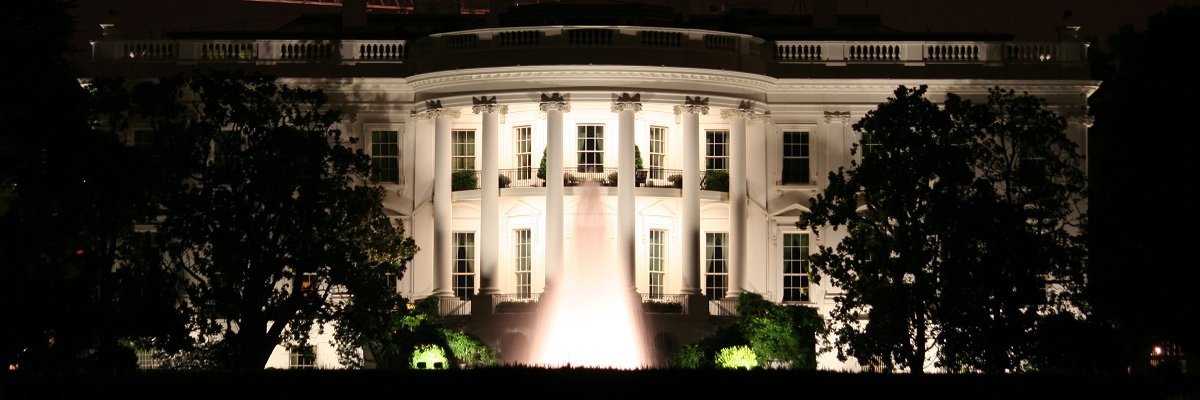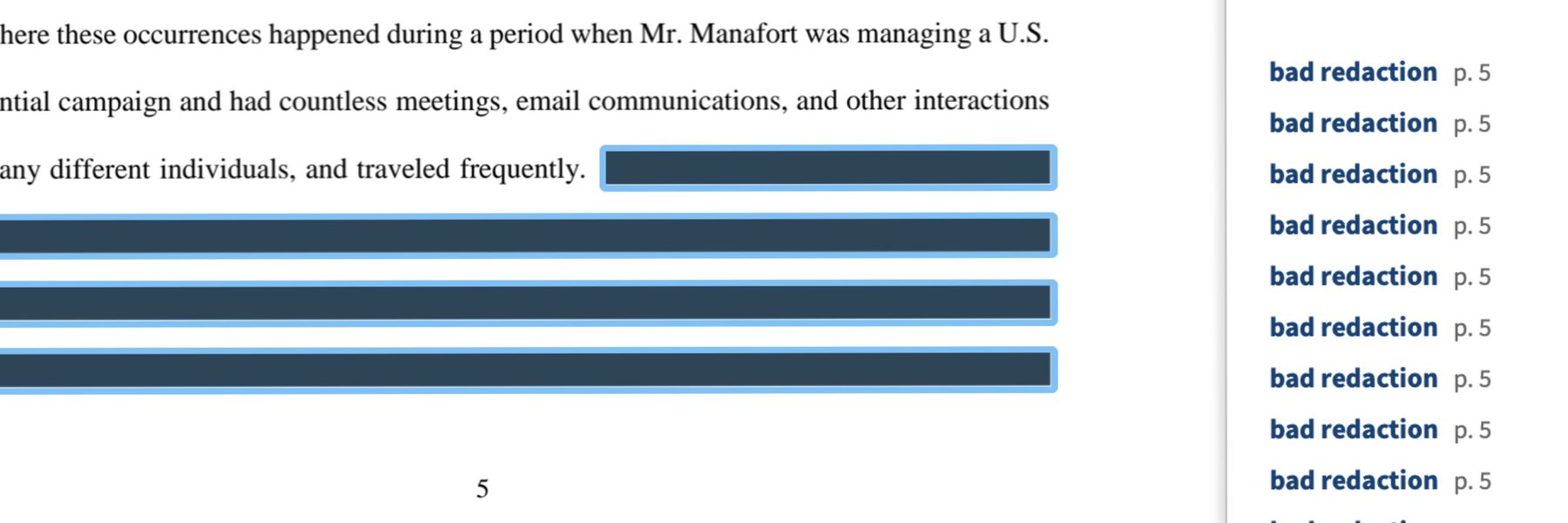Last Monday, MuckRock joined the American Library Association, OpenTheGovernment.org, the Society of Professional Journalists, and dozens of other organizations devoted to the cause of a more open government in signing Cause of Action’s open letter calling for a review of their FOIA policy, specifically in regards to the “Craig Memorandum.”.”
Written by former White House counsel Gregory Craig, the 2009 memo - and the subsequent public records policy that resulted from it - calls for all documents requests that involve “White House Equities” be sent to the White House Council’s office for review. It doesn’t, however, define what does or doesn’t constitute “White House equities” - creating what we and many others to be an unnecessary and burdensome delay for both FOIA officer and requester.
Read the full letter below, and read more on Cause of Action’s site.
Hon. Barack Obama
President of the United States
The White House
1600 Pennsylvania Avenue, N.W.
Washington, D.C. 20500
Dear President Obama:
The undersigned represent nonprofit organizations and interested individuals concerned with government transparency and accountability. Given your commitment to transparency, we ask that you review an April 15, 2009 Memorandum from former White House Counsel Gregory Craig to Executive Department and Agency General Counsels requiring consultation with the White House Counsel’s Office on any document request that may involve records implicating “White House Equities” (the “Craig Memorandum”).1 We believe the Craig Memorandum has caused significant confusion and delay among agencies in their compliance with the Freedom of Information Act (“FOIA”).
On your first day in office, you issued a memorandum praising FOIA as “the most prominent expression of a profound national commitment to ensuring an open Government.” You also expressed a desire that agencies “adopt a presumption in favor of disclosure” and “take affirmative steps to make information public.” The Craig Memorandum, however, has the potential of impeding your vision for transparent government.
There are two significant reasons why the Craig Memorandum should be reviewed. First, agencies have been provided with no guidance as to what constitutes “White House Equities” and that term is undefined by statute, rulemaking or other guidance. Second, the use of White House Equities has, in limited circumstances, caused delay inconsistent with the statutory deadlines of FOIA2 and interfered with Congressional oversight.3 These practices have allowed the White House to affect agency decision-making in a manner that appears to contradict the intended purpose of FOIA as a vehicle for public access to government records.4 The scope of “Equities” is broad – for example, FOIA requests, separate and apart from responsive records, have themselves been subject to review and tied to alerting the White House’s lawyers, Office of Cabinet Affairs and press offices.5 Moreover, of particular concern to the transparency community is evidence that even FOIA requests from the media have been subject to White House review as a result of the Craig Memorandum.6
We are concerned that agencies, without the requisite guidance as to when the Craig Memorandum is to be invoked and how it is to be implemented, have failed to fully comply with their obligations under FOIA. As a consequence of the current interpretation of the Craig Memorandum, the FOIA process is being stalled – which hinders the important goal of open government. In this regard, the White House recently said that you are “committed to a transparent and open government and [have] taken unprecedented steps to ensure” that members of the public have access to information. We applaud that commitment but question whether the Craig Memorandum, without guidance, promotes or precludes public access to information. Accordingly, we respectfully request that you review the Craig Memorandum and either withdraw it or provide guidance to agencies as to how it is to be implemented.
Thank you in advance for your attention to this important matter. To discuss these issues in greater detail, please contact Dan Epstein at Cause of Action at 202-499-4232 or daniel.epstein@causeofaction.org.
Sincerely,
American Library Association
Brechner Center for Freedom of Information
Cause of Action
Center for Effective Government
Defending Dissent Foundation
Electronic Privacy Information Center – EPIC
Essential Information
Government Accountability Project – GAP
James Madison Project
MuckRock
National Security Archive
National Security Counselors
Northern California Association of Law Libraries
National Freedom of Information Center
OpenTheGovernment.org
PEN American Center
Project On Government Oversight – POGO
Public Employees for Environmental Responsibility – PEER
Society of Professional Journalists
Special Libraries Association
The Sunlight Foundation
Transactional Records Access Clearinghouse – TRAC
Tully Center for Free Speech at Syracuse University
Washington Coalition for Open Government
Individual signatories (additional information for identification purposes only):
Mark Tapscott, Executive Editor, Washington Examiner
-
Available here.
-
E.g., a March 23, 2010 FOIA request from Cox Television was reportedly delayed 118 days after the General Services Administration provided records to the House of Representatives and the White House, according to a report from the GSA Inspector General.
3.E.g., a March 27, 2013 Congressional document request from the House Oversight and Government Reform Committee was delayed for over six months by the Department of Interior while records were provided to the White House, Office of Management and Budget, and the Department of Justice, resulting in a Congressional subpoena to obtain access to the records.
4.See, e.g., an Associated Press investigation found that White House counsel had been asked to review FOIA requests regarding the economic-stimulus plan, and a similar consult was made in connection with requests regarding the GSA’s Las Vegas conference scandal, in both instances potentially impacting the release of responsive records.
5.See, e.g., documents posted here , at pp. 18, 21; see also id. at p. 19 (Blake Roberts e-mail showing applicability of “Presidential communications privilege” and “We consider any report sent to the White House to have White House equities” and the White House Counsel’s office has “departmental liaison[s] in [its] office”)
Image via Wikimedia Commons and is licensed under CC BY-SA 3.0




